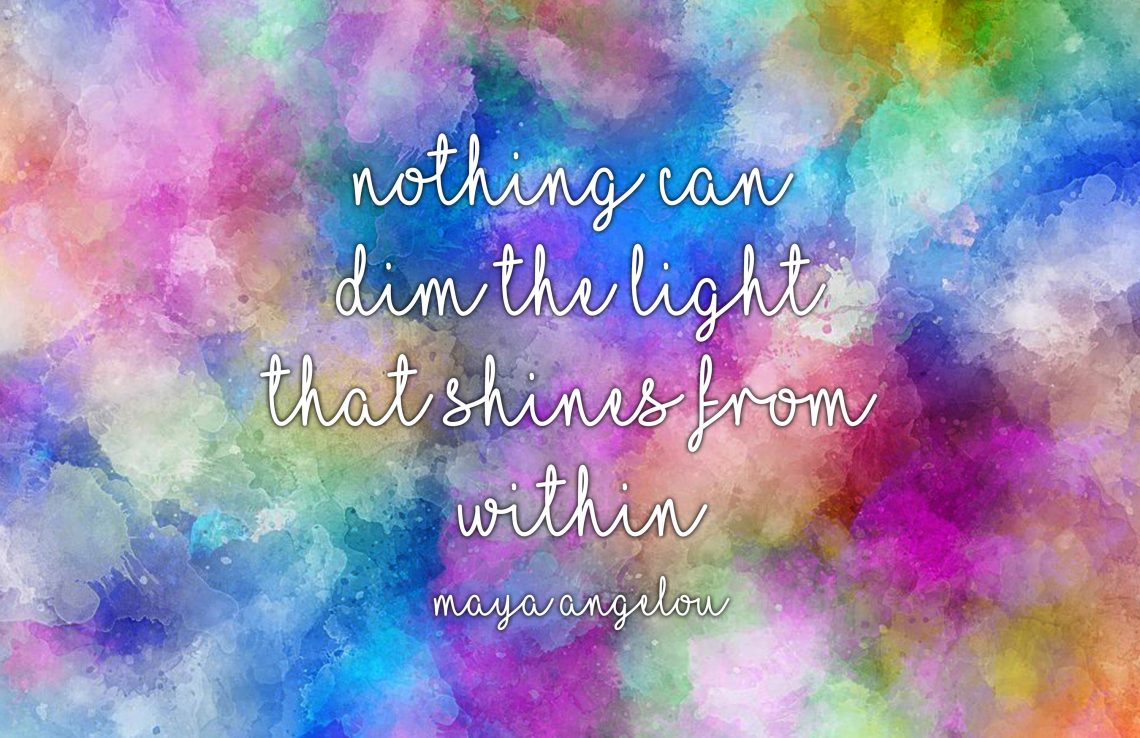Age Proof Your Body™
Please feel free to contact Christina with any questions or for details of her personal training services and she will personally respond to you within 48 hrs.
If you need to cancel a session that you have booked, you must give 24 hours cancellation notice. Failure to do so will result in you being charged the full session rate.
All personal training packs need to be fully used within 12 months of purchase after which any remaining sessions will be forfeited.

